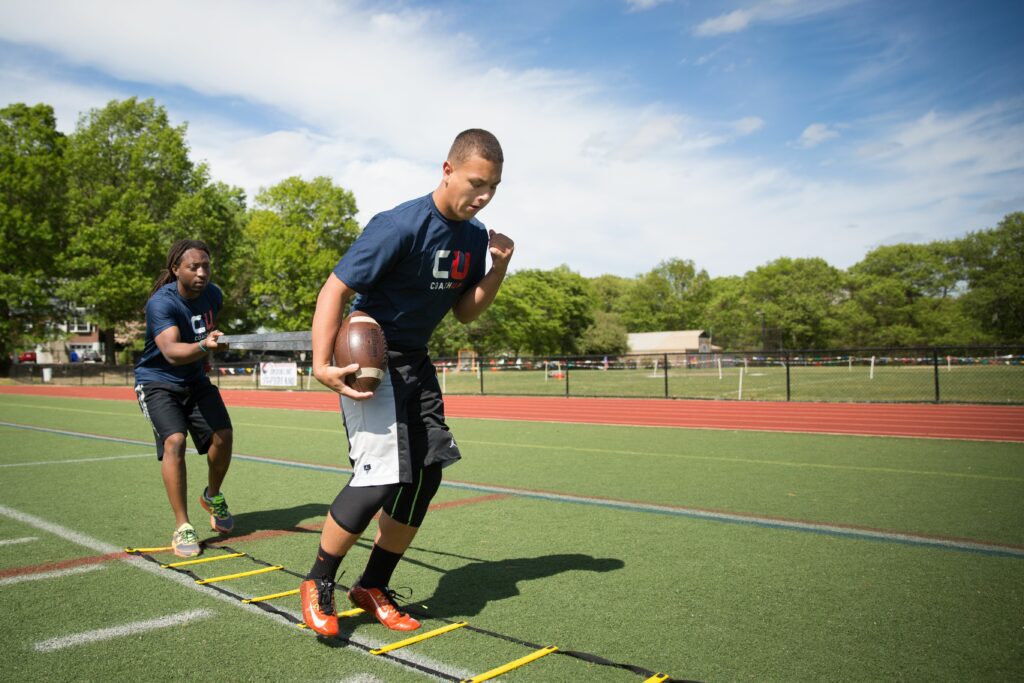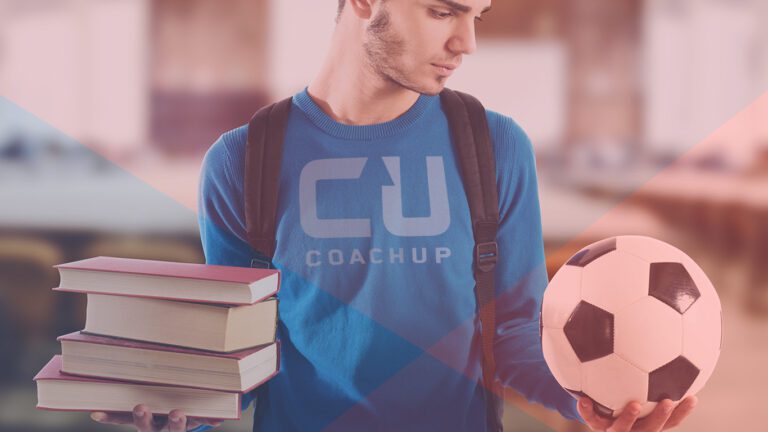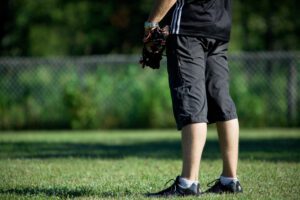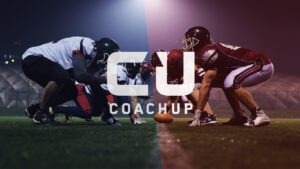For student-athletes, the pursuit of excellence in both academics and athletics can often seem like an insurmountable challenge. The demands of training, travel, and competition can easily overshadow the equally important commitments to academic success. Yet, the ability to balance these two aspects of a student-athlete’s life is crucial for their overall development and future opportunities. This article explores effective strategies and insights to help student-athletes achieve harmony between their academic responsibilities and athletic ambitions.
The Dual Commitment
The life of a student-athlete is characterized by a dual commitment that requires meticulous time management and unwavering dedication. Balancing early morning practices, late-night study sessions, and a full schedule of classes and competitions is no easy feat. However, the skills developed through this balancing act—such as discipline, time management, and perseverance—are invaluable and extend far beyond the playing field.
Time Management: The Foundation of Balance
Effective time management is the cornerstone of balancing academics and athletics. Student-athletes must develop the ability to prioritize tasks and make the most of their limited time. Here are some practical tips:
- Create a Schedule: Mapping out daily, weekly, and monthly schedules helps in visualizing the time available for both academics and athletics. Including fixed commitments such as classes, practices, and games is essential, as well as scheduling time for studying, rest, and social activities.
- Set Priorities: Identifying and focusing on the most critical tasks ensures that important academic assignments and training sessions are not neglected. Prioritizing helps in making informed decisions about where to allocate time and energy.
- Use Downtime Wisely: Traveling for competitions or waiting between classes can be an excellent opportunity to catch up on reading, review notes, or complete assignments. Utilizing these pockets of time effectively can alleviate some of the pressure.
- Stay Organized: Keeping track of assignments, deadlines, and exam dates with the help of planners, apps, or calendars can prevent last-minute cramming and missed deadlines.
Communication: A Key to Success
Open and honest communication with coaches, teachers, and academic advisors is vital for student-athletes. Building a supportive network can provide the necessary flexibility and understanding to manage both commitments effectively. Here’s how communication can be leveraged:
- Inform Teachers: Letting teachers know about athletic commitments at the beginning of the semester can help in negotiating deadlines and seeking extensions if needed. Most educators are willing to support student-athletes who demonstrate a proactive approach to managing their responsibilities.
- Engage with Academic Advisors: Regular meetings with academic advisors ensure that student-athletes are on track with their academic goals and can provide guidance on course selection and workload management.
- Maintain Transparency with Coaches: Coaches who understand the academic pressures faced by student-athletes are more likely to offer support, such as adjusting practice schedules or providing study time during travel.
Leveraging Resources
Many schools and colleges offer resources specifically designed to help student-athletes succeed in both arenas. These resources can make a significant difference:
- Tutoring Services: Access to tutors can provide the extra help needed to stay on top of coursework, especially during demanding competition seasons.
- Study Halls: Designated study times can ensure that student-athletes have a quiet and structured environment to focus on their academics.
- Academic Workshops: Workshops on time management, study skills, and test preparation can equip student-athletes with strategies to enhance their academic performance.
Mental and Physical Well-being
Maintaining mental and physical well-being is essential for student-athletes to perform at their best in both academics and athletics. Overworking and neglecting self-care can lead to burnout, injuries, and declining academic performance. Here are some tips:
- Prioritize Sleep: Adequate rest is crucial for recovery, focus, and overall health. Student-athletes should aim for 7-9 hours of sleep per night to maintain peak performance.
- Nutrition and Hydration: A balanced diet and proper hydration fuel the body and mind. Consulting with nutritionists can help in creating meal plans that support the demands of both academics and athletics.
- Mental Health Support: Seeking support from counselors or sports psychologists can help student-athletes manage stress, anxiety, and the pressures of their dual roles. Mindfulness practices and relaxation techniques can also contribute to mental well-being.
Conclusion
Balancing academics and athletics is undoubtedly challenging, but with the right strategies, support systems, and a proactive mindset, student-athletes can excel in both domains. The skills developed through this balancing act not only enhance their academic and athletic performance but also prepare them for future success in various aspects of life.

Dorrington Myers is a gold-level football coach in Fort Liberty, North Carolina. You can find his profile here and book a session with him today!
How useful was this post?
Click on a star to rate it!
Average rating 3.6 / 5. Vote count: 9
No votes so far! Be the first to rate this post.




